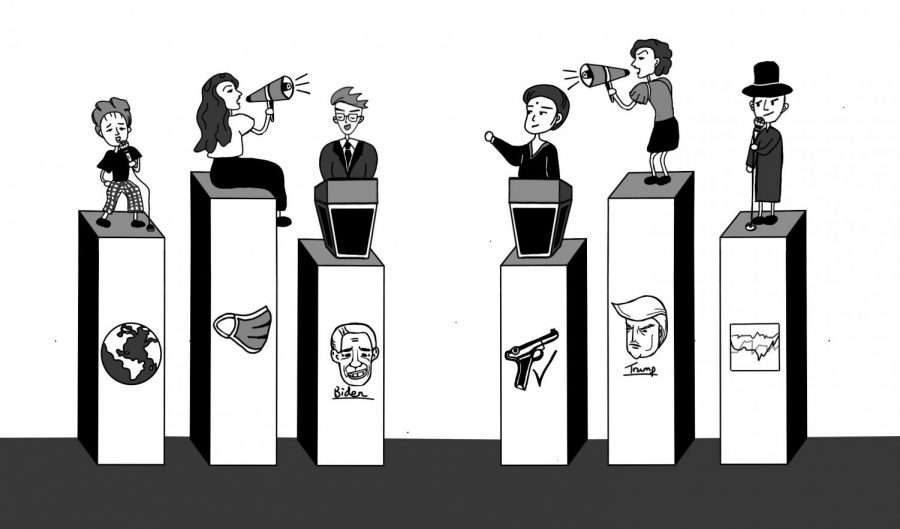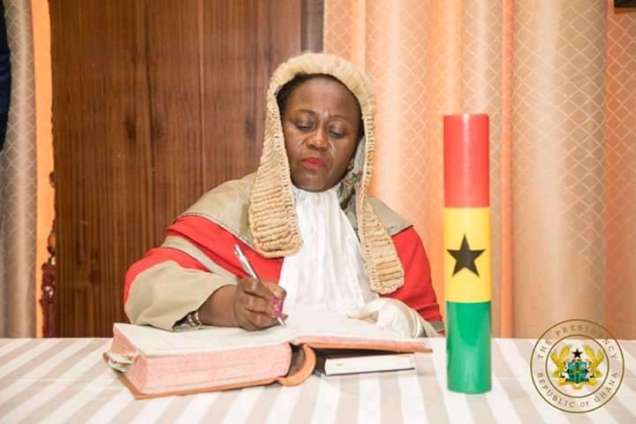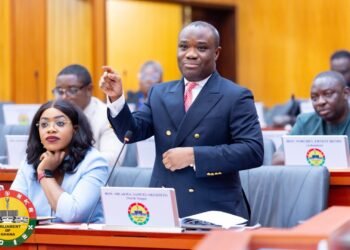Commenting on the ongoing controversy involving petitions against the probe into the Chief Justice, investigative journalist Manasseh Azure Awuni observed that meaningful public discourse in Ghana is becoming more challenging, citing a troubling erosion of factual integrity and standards.
His comments follow the release of CCTV footage that contradicts claims of judicial impropriety in the ongoing petition against the in camera probe into the conduct of Ghana’s suspended Chief Justice.
Awuni, known for his fearless investigative work, expressed shock and frustration over the public’s reaction to the footage.
“I finally watched the CCTV footage last night. The first shock that registered in my mind was how any human with a living conscience would see that footage and still proceed to attack the credibility of Thaddeus Sory’s description of the allegation of an improper meeting as a ‘monstrous’ lie.”
Manasseh Azure Awuni
The issue at the center of this controversy involves an allegation that Thaddeus Sory, counsel for the petitioners seeking the removal of the Chief Justice, held a secret meeting with one of the judges on the investigative committee.
The accusation implied an attempt to manipulate the outcome of the inquiry process.

However, CCTV footage from a restaurant shows nothing more than Sory briefly exchanging pleasantries with the judge and two other justices in a public space—a meeting that lasted no longer than ten seconds.
Awuni argued that such baseless claims undermine the seriousness and integrity of public discourse.
“Let’s put the footage aside,” he continued, suggesting that any credible investigation must begin with an assessment of plausibility.
Drawing from the experience of former BNI Director Kofi Bentum Quantson, Awuni recalled how many informants provide false leads—what Quantson called “bogus” in the title of his own book.
Public Discourse Now Plagued By Lies
Furthermore, Manasseh Awuni pointed out that both journalists and state investigators are often bombarded with countless tips, but these cannot be taken at face value.
He advised that instead, they must be evaluated using rational criteria—one of which, he noted, is the principle of “inherent improbability”—a method for assessing whether a claim is even remotely plausible from the outset.

“If an informant claims that the president meets his ministers every evening at Afrikiko to take his share of the kickbacks they receive, I should immediately doubt the credibility of that information. Why? Even if the president were corrupt, he wouldn’t be that stupid to receive his share of the corruption booty in a public place.”
Manasseh Azure Awuni
Similarly, he challenged the plausibility of the allegation, arguing that it defies basic logic.
Given the public profiles of the judges and the lawyer involved, he reasoned that if they truly intended to conspire in secret, they would have selected a discreet, private setting.
He argued that they will certainly not choose a well-known public venue, particularly at a time when intense media scrutiny and political tension surround the judiciary.
The CCTV footage, in this case, functions not just as exculpatory evidence but as a statement on the need for common sense and intellectual rigor in public conversation.
Politicization Of Chief Justice’s Probe Slammed
Moreover, Manasseh Awuni lamented the increasing expectation placed on independent voices to balance truth with political convenience.
“We are expected to drink the storm they brew in their political teacups; otherwise, our credibility as independent voices would be impaired.”
Manasseh Azure Awuni

He stressed that the mental well-being and integrity of commentators should outweigh the optics of so-called neutrality, particularly when the facts are so clear.
The petition in question is aimed at discrediting the five-member committee investigating the Chief Justice’s conduct, citing alleged collusion between a judge and the petitioners’ legal representative.
However, the brief and innocent nature of the interaction captured on CCTV footage has effectively nullified the charge.
What emerges from this episode is a cautionary tale about the ease with which misinformation can be weaponized to derail legitimate processes.
By casting doubt on neutral interactions, public trust is slowly eroded—not by institutional failure, but by deliberate manipulation of truth.
Awuni’s warning is therefore not just about this specific case, but about a broader cultural moment where false equivalence and conspiracy theories are given the same weight as verified facts. His message: let reason, evidence, and intellectual honesty guide our engagements.
In the absence of such standards, the danger isn’t merely to the individuals accused or the systems questioned—but to democracy itself.
READ ALSO: Ghana Stock Exchange Tops West Africa with Over 30% Growth in Q1 2025























